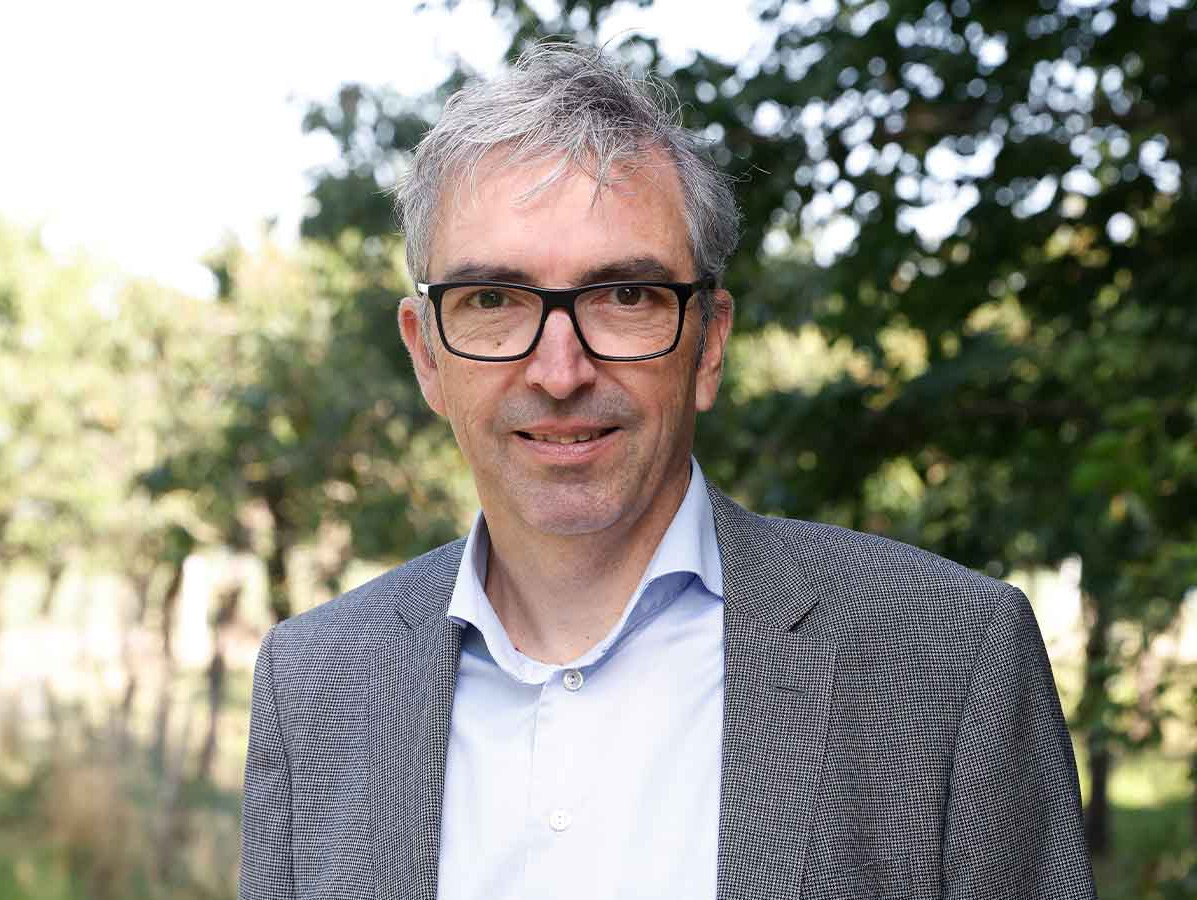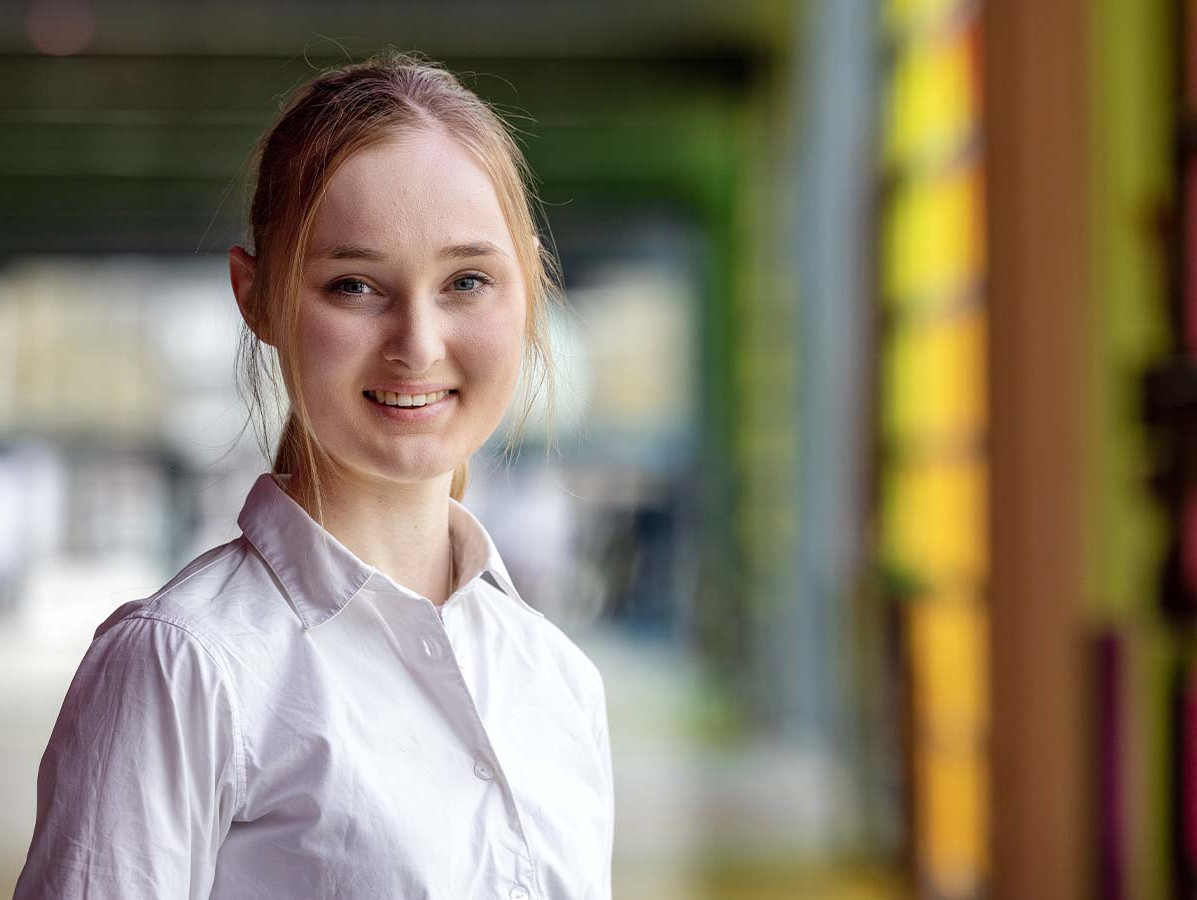
The innovation climate in the Netherlands is under pressure. This is the main conclusion of the Dutch Innovation Monitor 2023 and the headline of a recent urgent appeal sent to the House of Representatives by FME, with support from other parties. Many companies are suffering from macro-economic disruptions and are delaying investments in innovation. However, there are plenty of opportunities. Three Dutch change-makers share their insights.
The Dutch Innovation Monitor is one of the largest annual survey-based research projects on innovation and entrepreneurship among Dutch companies. The research is conducted under the leadership of Henk Volberda, Professor of Strategy and Innovation at the University of Amsterdam and author of numerous books on innovation, entrepreneurship and management. The Monitor measures the extent to which companies are engaged in incremental improvements in existing markets (exploitative innovation), radical innovations aimed at new markets, sales channels, and consumers (explorative innovation), and new forms of organizing and leadership (management innovation).
"In the fourth industrial revolution, technology is important, but not the most decisive factor for innovation success," Henk states. "Our research shows that as much as three-quarters of that success is determined by other factors." He summarizes the key elements of success in a 'Wheel of Five'. In addition to technological innovation, these include leadership style, the way of organizing, the structure of labor and co-creation. In this article, we delve into each of these elements, together with Arry Verhage and Lisanne van Oosterhoud; both change-makers at heart, deeply connected to the practicalities of the food industry.
Arry Verhage is the project leader for 'green transition' at Aeres MBO in Leeuwarden, chair of the Bakery Sweets Center steering group, and Program Director Strategy at Aeres. His primary task as program director is to implement the multi-year strategy 2023-2027 'The Green Transition’ across the entire Aeres group. "My goal is to mobilize people from education, business, and government to innovate together. The sense of urgency is high; real change is necessary. There are major challenges that affect everyone: staffing problems, climate, protein and energy transition. To make these transitions successful, exchanging knowledge and collaborating is beneficial."
Lisanne van Oosterhoud is the program manager of the program office Next Tech Food Factories, a programmatic collaboration between Brainport Development and Agrifood Capital. The program office supports companies in their innovation trajectories with innovation vouchers, coaching, training, and access to a knowledge network. "We do this by working with food processing companies, high-tech suppliers, and machine builders. We focus mainly on developing, testing, and implementing robotization, artificial intelligence, and other smart technologies in food processing."

Henk Volberda
Henk: "The Innovation Monitor reveals that three-quarters of companies suffer from a shortage of staff, and a quarter from unpredictable energy costs. In addition, there is high inflation, and the raw material crisis affects many companies. As a result, they postpone long-term investments in innovation, while radical innovations are crucial for entrepreneurial strength in a business. Larger companies feel that regulatory pressure is increasing, the fiscal climate is becoming less attractive, and government predictability is declining."
Lisanne: "I often hear that the administrative burden of all the laws and regulations weighs heavily on companies, especially SMEs. Because they often don't know where to turn with their questions, they end up reinventing the wheel time and again. This is not efficient."
Henk: "The fact that many companies see regulations as a restriction is not entirely justified, in my opinion. The new European CSRD (Corporate Sustainability Reporting Directive) directive means that more and more companies will be held accountable for how sustainably they operate in the future. Being ahead in this area may be a competitive disadvantage in the short term, but it will be an advantage in the long run. Furthermore, research shows that companies that score better on sustainability are often more innovative. Apparently, being forced to meet stricter requirements drives you to be more creative and apply new technologies."
Lisanne: "Indeed, when energy costs rose sharply, we suddenly saw accelerated innovation. Companies became very creative in finding solutions to reduce their energy consumption and better control the costs of it."
Henk: "A major problem in Dutch industry is that our productivity is only marginally increasing. That's why we need to invest in new technologies; in automating and robotizing production processes. But also in technicians and data specialists. And we don't have enough of them. The productivity paradox is that organizations go through the so-called J-curve: by innovating, initially, they often perform worse. In the long term, however, they reap the benefits. Many companies, however, prioritize short-term profitability over long-term continuity."
Arry: "Yet we know that conditions will change. The composition of the labor market, the climate, how we deal with resources and energy. These transitions require long-term investments."
Henk: "For radical innovations, the mantra goes: employee first, customer second."
Lisanne nods: "True innovation goes beyond what your customer wants. We help companies clarify their innovation question by uncovering the question behind the question."
Arry: "Such issues can be well addressed in collaboration with educational institutions. It's very motivating for students to work on a question that no one has the answer to yet. On the other hand, the food industry often deals with very practical issues. 'If we switch from a gas-fired oven to an electric one, what does that mean?' These are questions that can be well explored in collaboration with schools and students."
Henk: "Companies often think, 'If I just invest heavily in technology, my innovative power will be fine'. But to be successful, you also need to pay attention to the soft side of innovation. Servant leadership, is what I call it. Managers need to give employees the space and support to work on their personal development. An integrated vision of technology, culture, organization, and collaboration is essential; managers must be able to connect the worlds of technology and management. The management must also be willing to invest in innovation. They will need to start many experiments, keeping in mind that not all of them will be successful."
Arry: "That's exactly why it's so interesting for companies to work with education! The cost picture becomes really different. Take our bread paste project, for example. The starting point was the large amount of unsold bread, about 150,000 tons annually. A part of it goes to animal feed. The question was: can't we think of a way to get that bread back into the food chain? One of the bakeries affiliated with Bakery Sweets Center had the solution. They had developed a process with a research institute to ferment bread into a bread/sugar paste; a new raw material."

Arry Verhage | ©Ton Kastermans
Arry: "Exactly, that was the question! They knew, 'We've got something here... but what?' The researcher literally stood in front of a group of students with two buckets of this raw material. 'We want to process this, but have no idea how and into which products. Can you figure that out?' The students got to work enthusiastically. Some experiments succeeded, others didn't. They presented their findings to the companies, and they were really surprised; the project gave them a lot of knowledge. Now it became interesting for them to continue. The bread paste project led to concrete follow-up projects. For example, at Bakkerij Van der Kloet, which now incorporates the raw material into bonbons. Already in the stores! Working on a new development often leads to new questions. Students are now investigating, for example, whether they can also make gluten-free bread paste. And a completely different innovation project addresses issues around magnesium salt as a substitute for conventional salt."
Lisanne sees the benefits right away: "Yes, great! Companies only start investing in something new when it's proven that they really benefit from it. This preliminary work has already been done by the students. That's why test and validation facilities are an important part of the innovation foundation."
"We emphasize in our projects that technology is a means, not an end," she replies. "It's about the challenges you solve with it, what value this creates, for whom, and in what way. For this, it's crucial to bring out the right questions and needs from the food processing companies. And managers must involve people on the production floor from the beginning of the change process, and appreciate the expertise that's already there. It's important to realize that everyone learns in a different way, so pay close attention to the needs of individual employees. Sometimes they're afraid: 'Will the artisanal process be lost if we automate and robotize?' 'Will I still have a job?' Our role is to show companies what's possible; what the innovation means for your business case and for your people. An example: a company decided to purchase a cobot that could be placed at various locations in the factory, including moving heavy baking trays. The operators were initially skeptical about the bright yellow cobot. By guiding them well, they soon saw the benefits; their work became less heavy and burdensome. The operators even affectionately nicknamed the cobot 'Tweety'. When it had to be taken away for maintenance one day, it turned out they didn't want to lose it."
Henk: "The third element of the Wheel of Five is about how you organize technology and leadership. Research shows that companies that are more flatly organized innovate more easily. The traditional functional hierarchy leads to a static organization; extensive labor specialization where people do repetitive simple tasks, are less involved, and have low work motivation. Innovative organizations work more with self-organizing teams where people don't have functions but roles and clear objectives."
Arry is eager to join in: "Food production companies are often traditionally structured. It's not easy for them to find the balance between 'running production with as few errors and downtime as possible', versus 'we want the employee to feel responsible for this and come up with improvement proposals'. In the project agile craftsmanship (www.wvlo.nl), we explored together with TNO which buttons companies can press to improve the learning and innovative ability of their organization. One of the conclusions was that it's important for your employees to have autonomy and variety in their work. In the course 'leading agile craftsmanship', we teach leaders how to fulfill their role so that employees are well supported in this."

Lisanne van Oosterhoud | ©Sandra Peerenboom
Henk: "That brings us to the fourth element: investing in skills. According to the Future Jobs research by the World Economic Forum, by 2030 the most important skill for employees will be 'creativity'. After all, everything that can be standardized will be taken over by a robot, machine, or an algorithm. It is expected that we will have to renew about 44 percent of all our core skills. That's why the food industry must now focus on skills trajectories to ensure that their people can keep up with these changes. Other research shows that people with so-called 'T-shaped capabilities' are very creative. Knowledge must have a certain depth, but you also need superficial knowledge of adjacent fields of knowledge. To innovate, you must be able to integrate multiple fields of knowledge. I always find it a pity when I hear that people are not allowed to take a certain course because it doesn't directly extend their function. Broad knowledge is essential for an innovative mindset."
Lisanne: "What also helps for an innovative mindset: let young people in your company think about the direction for the future. Use their enthusiasm, creativity, and digital skills, and ensure cross-pollination with existing knowledge and expertise. And offer internships and development programs; also for your own employees. I keep noticing that more is shared and thought more freely in an informal setting. That applies not only within, but also between companies. You can create that setting, for example, by visiting fairs together or going out together in some other way. The informal conversations that arise promote collaboration in the long term."
Henk: "This brings us to the fifth and final element: co-creation. This means innovating together with other partners in an ecosystem. Sharing knowledge. You can't really innovate alone. Research also shows that open innovation leads to success more quickly."
Arry: "Bakery Sweets Center is a great example of this. It has now become an association. It started because bakery and confectionery companies couldn't find staff; that's why they approached regional educators: Aeres, Firda, and Van Hall Larenstein University of Applied Sciences. They also wondered whether the young people in the schools were learning the things they find important. Well, to find that out, you have to collaborate with schools. The companies took the lead in this. And just like the soccer club where you pay membership and occasionally do bar service, they are committed to the association: there are working groups in which they are active, including in research and innovation. This gets companies involved, makes them feel connected and enthusiastic. In recent years, quite a few such collaborations have emerged in the food industry (see also www.sol-online.nl). Join in! It brings a lot of benefits. And you are noticed by young, creative people who might come to work for you after their studies."
Lisanne: "Co-creation is essential, but we notice that many companies are often overwhelmed. They don't know where to ask their innovation questions; there is a huge fragmentation of knowledge. From Next Tech Food Factories, we try to bundle this. We have started innovation projects in areas such as cobotization in food processing companies, automatic sorting and packaging of fruit, and real-time monitoring of content substances in, among other things, potato processing. Also, promoting the capacity of European regional digital innovation ecosystems for food processing is high on our agenda. There are many overarching challenges that don't necessarily have to be solved tomorrow, but are coming our way. It's essential that companies themselves feel a sense of ownership for the solutions. This is only possible through really listening and learning from each other; based on cooperation and trust. That's still quite difficult, by the way: many food companies are not used to that. And there is great competition. But once that trust is established, they really do want to."
Source: Vakblad Voedingsindustrie 2024